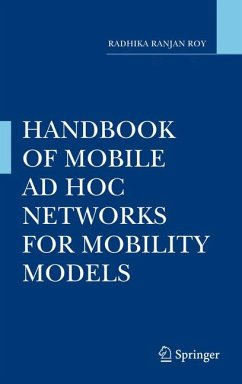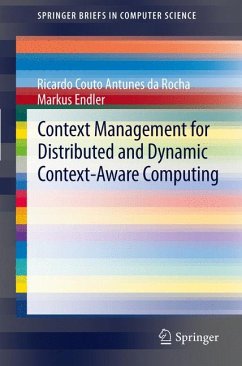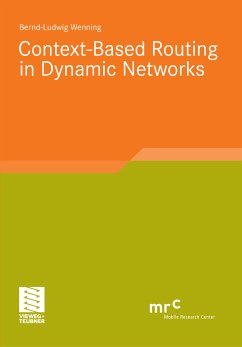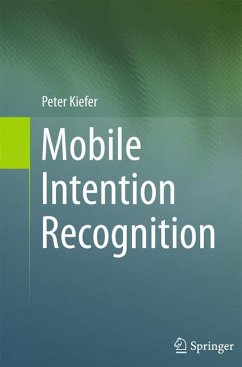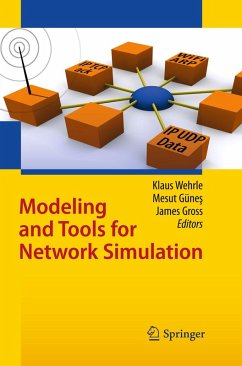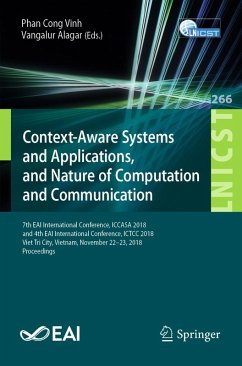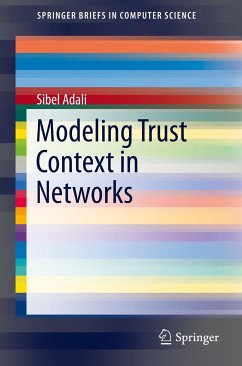
Modeling Trust Context in Networks (eBook, PDF)
Versandkostenfrei!
Sofort per Download lieferbar
30,95 €
inkl. MwSt.
Weitere Ausgaben:

PAYBACK Punkte
15 °P sammeln!
We make complex decisions every day, requiring trust in many different entities for different reasons. These decisions are not made by combining many isolated trust evaluations. Many interlocking factors play a role, each dynamically impacting the others. In this brief, "trust context" is defined as the system level description of how the trust evaluation process unfolds.Networks today are part of almost all human activity, supporting and shaping it. Applications increasingly incorporate new interdependencies and new trust contexts. Social networks connect people and organizations throughout t...
We make complex decisions every day, requiring trust in many different entities for different reasons. These decisions are not made by combining many isolated trust evaluations. Many interlocking factors play a role, each dynamically impacting the others. In this brief, "trust context" is defined as the system level description of how the trust evaluation process unfolds.
Networks today are part of almost all human activity, supporting and shaping it. Applications increasingly incorporate new interdependencies and new trust contexts. Social networks connect people and organizations throughout the globe in cooperative and competitive activities. Information is created and consumed at a global scale. Systems, devices, and sensors create and process data, manage physical systems, and participate in interactions with other entities, people and systems alike. To study trust in such applications, we need a multi-disciplinary approach. This book reviews the components of the trust context through a broad review of recent literature in many different fields of study. Common threads relevant to the trust context across many application domains are also illustrated.
Illustrations in the text © 2013 Aaron Hertzmann. www.dgp.toronto.edu/~hertzman
Networks today are part of almost all human activity, supporting and shaping it. Applications increasingly incorporate new interdependencies and new trust contexts. Social networks connect people and organizations throughout the globe in cooperative and competitive activities. Information is created and consumed at a global scale. Systems, devices, and sensors create and process data, manage physical systems, and participate in interactions with other entities, people and systems alike. To study trust in such applications, we need a multi-disciplinary approach. This book reviews the components of the trust context through a broad review of recent literature in many different fields of study. Common threads relevant to the trust context across many application domains are also illustrated.
Illustrations in the text © 2013 Aaron Hertzmann. www.dgp.toronto.edu/~hertzman
Dieser Download kann aus rechtlichen Gründen nur mit Rechnungsadresse in A, B, BG, CY, CZ, D, DK, EW, E, FIN, F, GR, HR, H, IRL, I, LT, L, LR, M, NL, PL, P, R, S, SLO, SK ausgeliefert werden.




